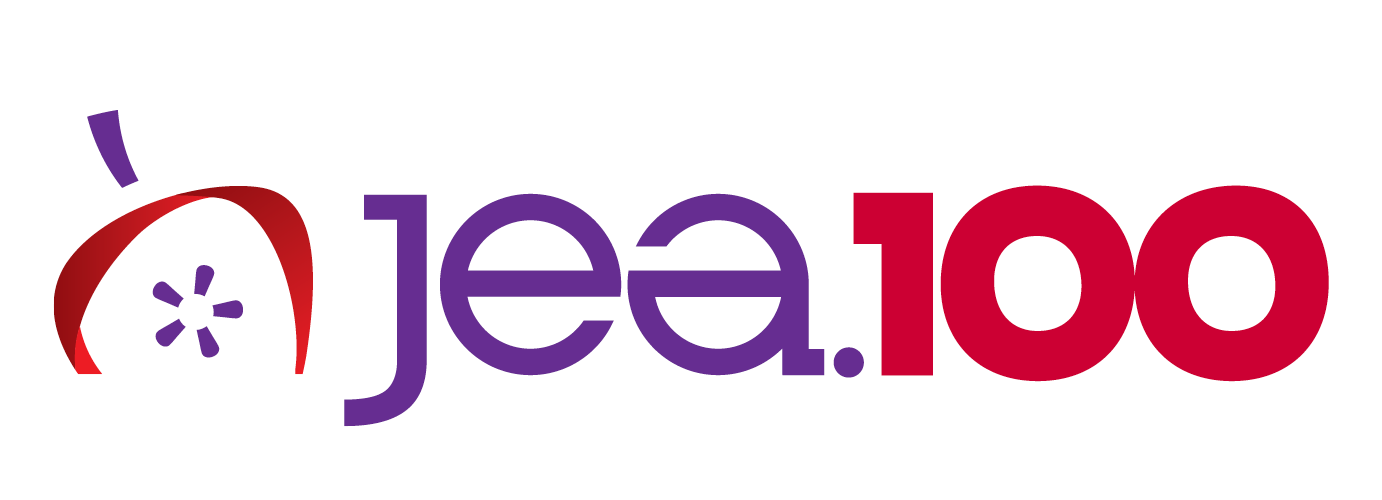JEA joins NAMLE as Media Literacy Week Partner

Presenting at the 2019 NAMLE Conference in Washington, D.C., Educational Initiatives Director Megan Fromm, MJE, engages participants in a mock editorial board process. The goal was to show the ethical, critical and civic processes student journalists undertake and offer ideas for how to bring those processes into any classroom. Photo by Kelly Glasscock, CJE
The Journalism Education Association has partnered with the National Association for Media Literacy Educators (NAMLE) for the fifth annual Media Literacy Week, Oct. 21-25, 2019. The mission is to demonstrate the importance and power of media literacy education and its essential role in education.
“Media Literacy Week is the perfect time for any teacher to talk about why journalism matters and how it’s different from other media,” Educational Initiatives Director Megan Fromm, MJE, said.
This isn’t the first partnership or cross-programming between the two organizations. NAMLE hosted a preconvention workshop at the National High School Journalism Convention in Chicago to kick off Media Literacy Week 2018, and JEA presented a session at the NAMLE convention in June 2019 led by Fromm and Executive Director Kelly Glasscock, CJE.
“The [NAMLE] conference was an excellent way to explore how other partners in education and the media literacy landscape are trying to further our mission of creating passionate, informed media consumers. I was really impressed by the collaborative nature of the event, and for me, the most important takeaway is that we’re not alone in this work,” Fromm said.
More than 200 organizations have signed on with NAMLE as Partners for Media Literacy Week, with the goal of influencing educational leaders at every level to help students apply critical thinking to media messages and to use media to create their own messages.
Such practice is an area of expertise for Jonathan Rogers, MJE, who serves as JEA’s professional outreach director.
“My main goal is to battle the idea of media distrust and teach students to find their own truth and reliable information or facts online,” he said. “The truth is that it isn’t easy to do that in the modern digital media world where opinion rules and most sites are trying to spin facts or information toward their own world view.”
For journalism teachers looking to incorporate more media literacy curriculum, Rogers recommends Newseum’s share-worthy lesson, an experiment on trust and bias from the New York Times and the Pew Research Center political typology quiz.
The JEA Curriculum Initiative, which Fromm coordinates, includes introductory curriculum for news and media literacy, with supplemental lessons designed exclusively for the student newsroom.
“I’d recommend teachers look for incremental, meaningful ways to incorporate media literacy into their classrooms instead of trying to adapt new curriculum wholesale. I think as teachers explore the resources out there they’ll start to see it’s really about bringing into the classroom those big questions related to ethics, process and impact. There’s hardly a wrong way to do that, so start somewhere that makes sense to you and your students,” Fromm said.
NAMLE continues to update its Media Literacy Week site with event and lesson ideas. JEA will share additional resources on social media using the hashtag #MediaLitWk as part of the nationwide network. Members are encouraged to post and tag images of media literacy activities in their classrooms.
